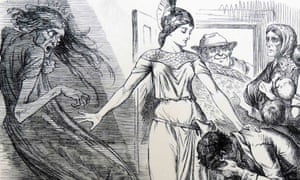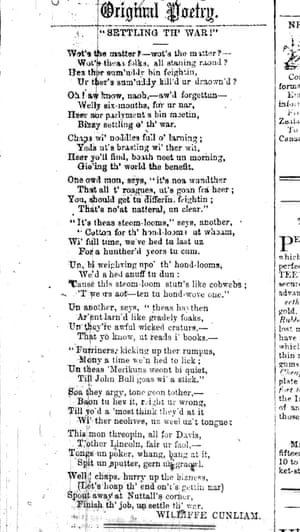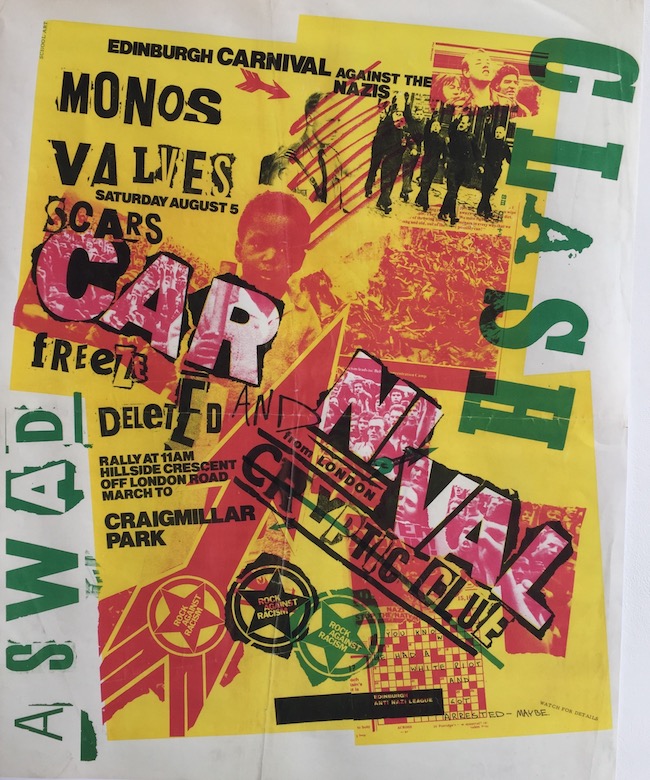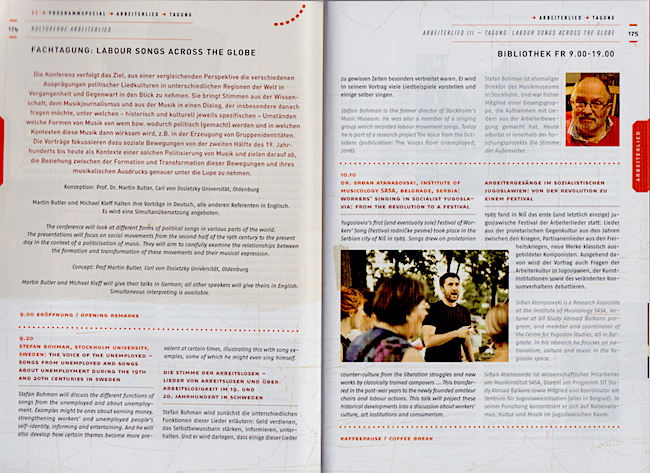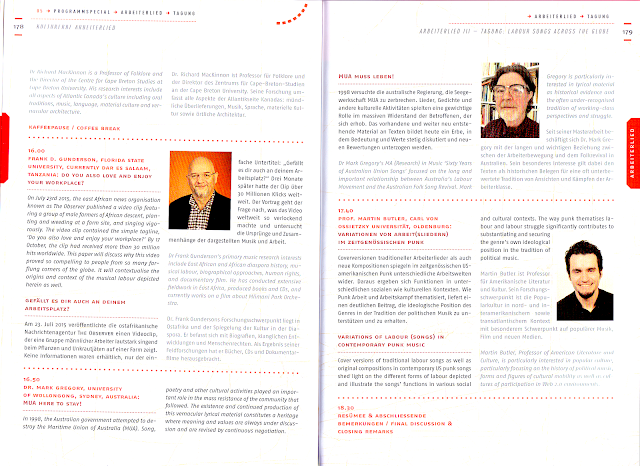Strength in Battle: The Memoirs of Joseph Anderson Panton Goldfields' Commissioner and Magistrate
Edited by Hugh Anderson
The Victorian gold rushes attracted punctilious worthies and sharp operators, but rarely were these characters fused as in the personality of Joseph Anderson Panton, high-minded pillar of society as well as scourge of poor miners and political foes. Panton’s previously unpublished memoirs trace vividly his strange career as itinerant dignitary, severe commissioner and magistrate, vigneron, pastoralist and painter, revealing new and surprising aspects of colonial social life.
‘Hugh Anderson’s meticulous edition of J.A. Panton’s memoirs affords a unique and unforgettable glimpse of Australia in the colonial era. Strength in Battle tells the story of Panton’s journey from Scottish lad and military student to respected young commissioner on the turbulent Bendigo goldfields, his adventures in desolate Mallee country, and a maritime journey to the remote north-west of the continent. This is an endlessly rich, frequently colourful and invariably lively tale, peopled by thrusting settlers chasing independence in a new land, Indigenous people seeking a place in an old one taken from them, and Chinese miners living in a white man’s country where few welcomed their presence. The book is essential reading for anyone who wants to know more about life on the Victorian goldfields, the foibles of the era’s prominent personalities such as Lola Montez and Governor Hotham, and the remarkable society that gold left in its wake.’
Frank Bongiorno FRHistS FASSA, Professor of History, Australian National University
----------------------------------------------------------------------------------------------------------------
Hugh Anderson Checklist of Publications
Duke of the Outback The Adventures of a shearer named Tritton by John Meredith
Melbourne, Red Rooster Press, 1983, vii, 132 pages.
Contents: 13 songs by Tritton;
21 songs performed by Tritton;
12 songs told by Tritton; Envoi,
He was a friend of mine and Duke's Song by Gary Shearston
Studies in Australian Folklore No.5
THE PEOPLE STAND UP: A story of Australia and the world in the 1930s by Ralph Gibson.
Ascot Vale, Red Rooster Press, 1983 viii, 415 pages.
Foreword by J.D. Blake.
THE CHINESE IN VICTORIA Official Reports & Documents by Ian F.McLaren.
Ascot Vale, Red Rooster Press, 1985 x iii, 114 pages. Part 1.
Victorian Parliamentary Papers Relating to the Chinese, 1855-1900,
Part 2. Victorian Acts Relating to the Chinese, 1855-1900.
MARCH TO BIG GOLD MOUNTAIN by David Horsfall.
Ascot Vale, Red Rooster Press, 1985 viii, 183 pages.
16 Illustrations.
HEADPHONES Verses by Warwick Anderson.
Images by Polixeni Papapetrou. Melbourne, Red Rooster Press, 1986 50 pages.
Published with assistance of the Ministry for the Arts of the Victorian Government.
THE FIGHT GOES ON,
A picture ofAustralia and the world in two post-war decades by Ralph Gibson.
Melbourne, Red Rooster Press, 1987 [vi], 272 pages. Foreword by June M. Hearn.
OCCASIONS FOR COMMENT,
poems by Jean Stone.
Ascot Vale, Red Rooster Press, 1992 x, 52 pages.
Frontis Piece Jean Stone.
SOUND RECORDINGS
AUSTRALIAN COLONIAL BALLADS, VOLUME 1 Sound & Film Enterprises CRT-12-LP-012, 19--
Programme notes by Hugh Anderson
The Catalpa Singers (Maryjean Officer, Ian Logan, Hans Georg, Shirley Jacobs, Alan Pope)
Songs are--
Click go the shears
Black velvet band Old bark hut
Bold Jack Donahoe
Eumerella shore
Bound for South Australia
Wild colonial boy
Overlander Look out below!
Death of Ben Hall
With my swag on my shoulder
Botany Bay
AUSTRALIAN GOLDRUSH SONGS
Wattle Recordings, 1960
Notes by Ron Edwards
The Fossickers (Ron Edwards, Bill Dempsey, Jim Mills)
Songs are--
Green new chum
German girls
For all that
Look out below!
Cooey!
The cabbage tree hat
Shepherding
Laying Information
Coming down the flat
Bryant's Ranges O
I'm a trap
Weston and his clerk
A squatter's troubles
Coming down the flat
Where's your licence
Jolly Puddlers
GOLDFIELD SONGS by Charles thatcher.
Collected selected introduced by Hugh Anderson.
Studies in Australian Folklore No.9. Hotham Hill. Red Rooster Press.
revised edition. 83 pages. 42 songs with music.
Adds "Bryant's Ranges Otis "Scrumptious Young Gals" and "Song of the Trap", and omits
"The Ballarat Man" but ( wrongly) retains "Blatherskyte".
BLACK BULL CHAPBOOKS
THE DYING STOCKMAN a ballad with notes by Hugh Anderson & Lino Cuts by Ronald G.Edwards.
Black Bull Chapbooks No.1 Hand set in Baskerville on Tudor Antique paper by R. G.Edwards.
Bound in calfskin. 75 copies.
Ferntree Gully, Rams Skull Press, February 1954. [15 pages]
TWO SONGS OF '57 with notes by Hugh Anderson.
Lino cuts by Ronald G.Edwards. Black Bull Chapbooks No.2.
Hand set and printed on cream wove Goatskin Parchment by R. G. Edwards at the sign of the Rams
Skull Press, Lording Street, Lower Ferntree Gully, Victoria, March 1954.
MISCELLANEOUS
Periodicals Contributions to periodicals includes: Present Opinion, MUM, Farrago; Southerly, Meanjin, Overland, Bulletin (Sydney), Austrovert, Biblionews Australian Folklore, Folklife (UK), Folk Music Journal (UK); Australia-China Review, Victorian Historical Journal, Labour History, Recorder, Journal ofAustralian Colonial History.
Australian dictionary of biography entries by Hugh Anderson.
vol.1 W.J.T.Clark; J.P.Fawkner.
vol.6 C.Thatcher.
vol.7 T.R.G., and H.N.Beggs; J.M.Christie.
vol.10 D.Macdonald; J. S.Neilson.
vol.11 M.J.Pitt.
vol.12 A.V.Vennard (Bill Bowyang);
vol.14 Ted Harrington
vol.15 Simon McDonald.
vol 17. ‘Edward Ted’ Hill.






















